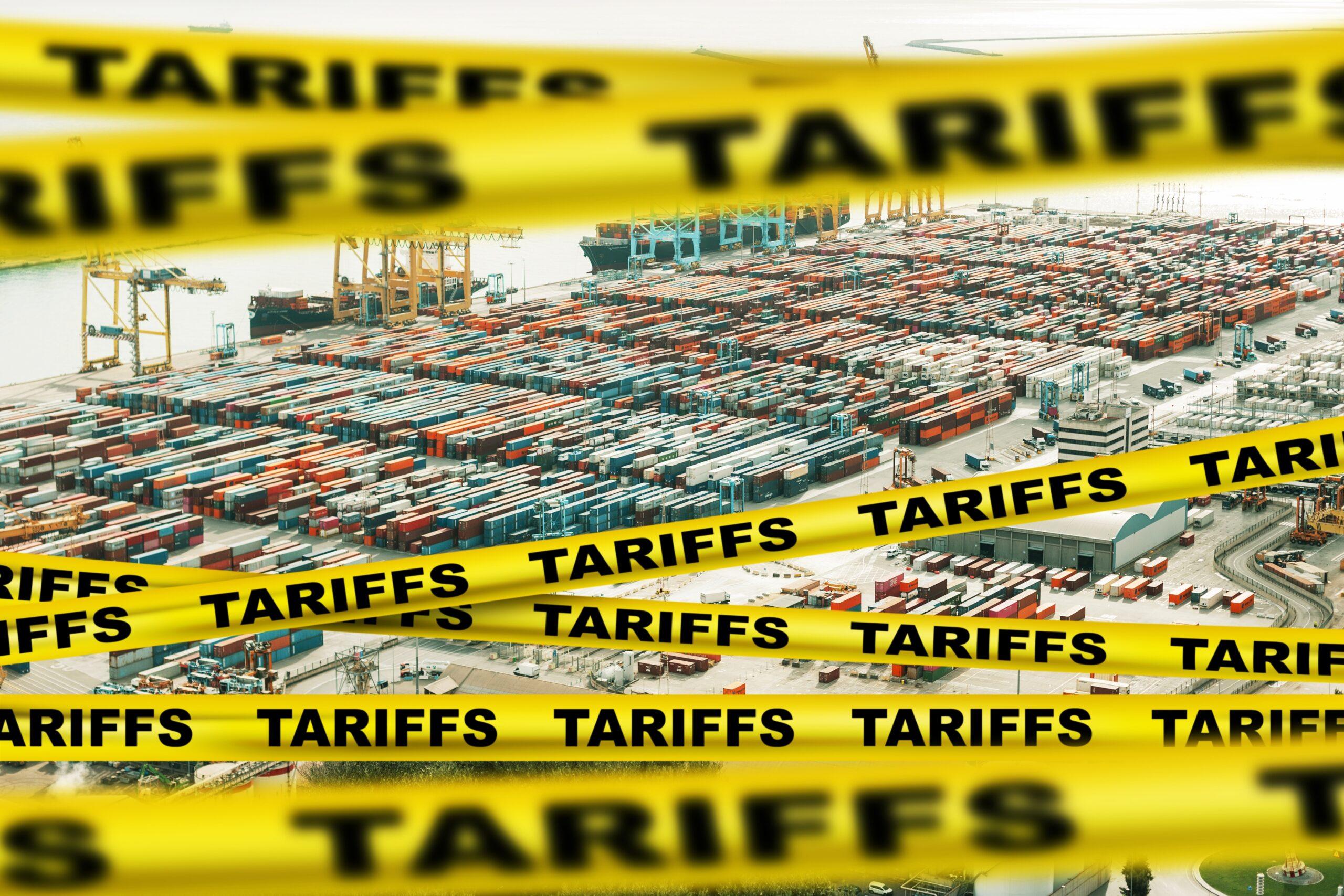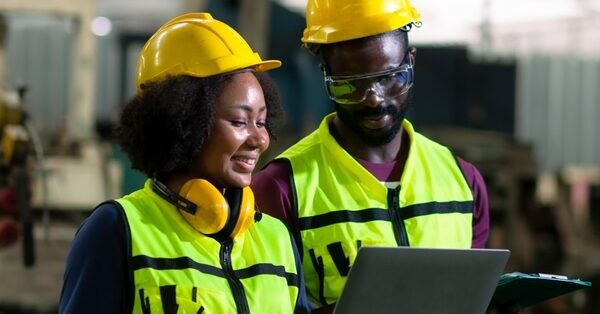Will safety become a victim of the trade war?
Jean Fong2025-06-10T10:19:38-07:00When we hear daily news about new tariff threats and trade posturing, our health and safety programs aren’t the first things that come to mind.
As tariffs and retaliatory measures continue, we are faced with many choices—where to shop, what to buy, how to support Canadian producers, and more. And at work, we face difficult decisions as we prepare for the business impacts.
But in our business decisions, often overlooked are the potential risks and impacts of our actions on the safety and psychological wellbeing of our teams.
Some manufacturers and processors are already anticipating the possibility of slowdowns, layoffs, and even potential plant closures. And as these companies brace for an economic downturn, these shifts within the manufacturing environment will echo through the halls of manufacturing facilities and into the minds of workers.
It’s natural for workers to worry for their jobs, their finances, and how they will be able to keep their families afloat. The water cooler talk will be about what they think the impacts will be, who might lose their jobs, which departments might see cuts. Whether you are a worker, supervisor, manager, or business leader, there is no way for any of us switch off these worries and pretend that these things don’t matter.
For some, these worries can spiral into crippling anxiety. For others, the distraction could cause a momentary lapse of attention or judgement that in the best-case scenario is a near miss, and in the worst could lead to a catastrophic injury or fatality.
Transparency and communication
As parents, we often think that what our children don’t know won’t hurt them; and many apply this same strategy to their workplace teams. However, pretending that nothing is going to change and not addressing the elephant in the room breeds distrust and can undermine your team’s mental wellbeing and their ability to respond and adapt. Leaders need to recognize that no one likes surprises at work. Proactively addressing worker concerns and doubts can bring down anxiety levels and build trust.
Instilling a culture of transparency is not easy, but frank and frequent communication is crucial to ensuring that workers are less distracted and more present. Let your teams know what’s coming next and what major impacts might be on the horizon—even if you aren’t sure what the impacts will be. This transparency will help workers focus better on doing what they do best—while ensuring that you and your team are able to find alternatives and respond to new opportunities that may arise.
We need to be mindful as owners, managers, and supervisors of the psychological impact of uncertainty on workers—not only in response to tariffs and a decline in trade, but also any time we face change or when new safety orders are issued.
Our workers have been pulled in many different directions over the last five years. Their psychological wellbeing has been profoundly impacted, and their ability to cope may be compromised. By being more present as supervisors, managers, and leaders we show our people compassion and understanding, letting them know that we are there as much as possible. Talk to workers to learn about their concerns. Fix what’s fixable. Solve whatever safety issues you can immediately and demonstrate to your employees through your actions that their opinions matter.
By communicating clearly, listening to concerns, and taking action to resolve the things in your control, you can help reduce anxiety and build up your team.
Use any and every moment that you can to explain what is currently happening, while reminding your workers of existing supports for stress, depression, and anxiety in your benefits plan, your community, or through your health and safety association.
Use crew talks, employee updates, and training to reinforce vigilant health and safety practices.
The way through this crisis is together. Focus on your people and build up your team. Make sure your people and your brand’s safety record do not fall victim to economic turmoil, and you will find your team members to be your strongest allies in the crisis and the loudest advocates for your brand in the years to come.
 By Wayne Arondus, CEO, Manufacturing Safety Alliance of BC
By Wayne Arondus, CEO, Manufacturing Safety Alliance of BC
Originally published in OHS Canada Magazine, Spring 2025, Digital Edition



